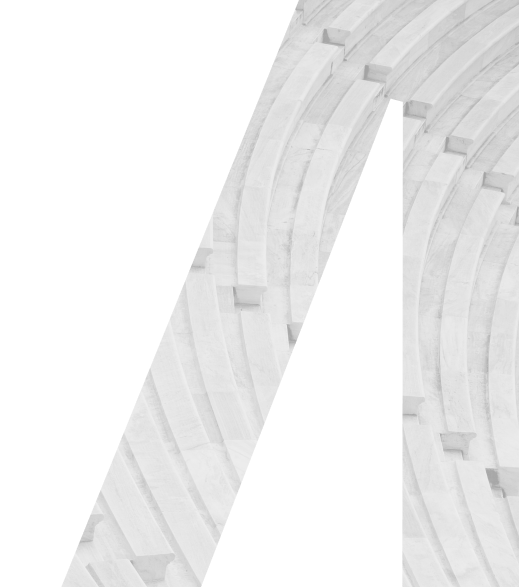
为更安全的世界而努力自1945年以来。
FAS设想了一个世界,在这个世界中,部署了尖端的科学,技术,思想和才能来解决我们这个时代最大的挑战。我们将科学,技术,创新和经验嵌入政府和公共话语中,以建立一个健康,安全,繁荣和公平的社会。
最新的
科学政策
第一天项目
政策
通过使烟雾追踪成为荒地消防管理的核心部分来挽救生命
尽管它具有储蓄潜力,但我们的Wildland Fire Management工具箱中仍缺乏识别和最小化与烟雾有关的危害至关重要的数据基础设施。
06.16.23
|
7分钟阅读
阅读更多
技术与创新
博客
专注的研究组织:科学研究的新模型
为了解决学术和商业激励措施之间的差距,美国政府应资助被称为Fro的集中研究计划,以应对明确定义的挑战。
06.15.23
|
4分钟阅读
阅读更多
科学政策
第一天项目
政策
公共和积极运输的未来合作
改善和扩大绿色公共和积极的运输对于公平的运输部门脱碳至关重要:这是政府可以从IRA和IIJA额外进行公共交通资金的资金。
06.15.23
|
6分钟阅读
阅读更多
生态系统和企业家精神
博客
圣路易斯技术三角形中包容性群集的一代模型
圣路易斯技术三角联盟将获得约2500万美元,以支持该地区的先进制造集群 - 这将支持和发展现有的生物科学和地理空间集群。
06.14.23
|
9分钟阅读
阅读更多







